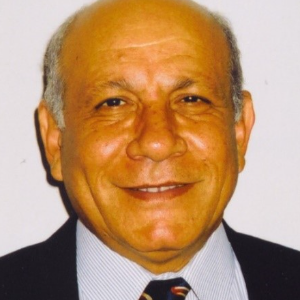Oilfield venting and flaring are practices employed in the oil and gas industry to manage the release of unwanted gases during production and processing. Venting involves the intentional release of gases, such as methane and volatile organic compounds, directly into the atmosphere, while flaring is the controlled burning of these gases at the wellhead. These practices are often employed for safety reasons, such as the removal of combustible gases or the relief of pressure during certain operations. Venting and flaring are also utilized to manage the production of associated gases that cannot be economically captured and transported for commercial use. While flaring converts methane into less harmful carbon dioxide, it still contributes to greenhouse gas emissions. The environmental impact of venting and flaring has led to increased regulatory scrutiny and industry initiatives to minimize these practices. Efforts are underway to develop and implement technologies that capture and utilize these gases, reducing emissions and promoting sustainability in oil and gas operations. The reduction of venting and flaring aligns with global efforts to mitigate climate change and minimize environmental impact. Innovative solutions, such as flare gas recovery systems and improved gas utilization infrastructure, are being explored to enhance efficiency and decrease the environmental footprint of oil and gas activities. Balancing safety considerations with environmental responsibility remains a key challenge as the industry works towards minimizing the prevalence of venting and flaring in oilfield operations.

Anthony J Sadar
Environmental Science Communication, LLC, United States
Selim Sanad Shaker
Geopressure Analysis Services, United States
Sharma Dronamraju
AKD Professional Solutions Inc., United States
Ross Cygan Taylor
North Sea Transition Authority, United Kingdom
Saleh Alqahtani
Saudi Aramco, Saudi Arabia
Abdulrahman Bahashwan
Saudi Aramco, Saudi Arabia



Title : The Vacuum Insulated Heatable Curtain (vihc): From conceptual invention to market deployment as a cost-effective dual solution for window heat loss reduction and localised radiant comfort
Saim Memon, Sanyou London Pvt Ltd, United Kingdom
Title : Transforming waste plastic into hydrogen: Progress, challenges, and future directions in pyrolysis-based integrated pathways
Nur Hassan, Central Queensland University, Australia
Title : Unlocking UKCS potential through collaborative well interventions
Ross Cygan Taylor, North Sea Transition Authority, United Kingdom
Title : Driving excellence in marginal field development and operations through an integrated smart strategy to unlock challenging sour oil
Sharina Al Muhairi, ADNOC Onshore, United Arab Emirates
Title : Innovative solutions for accurate and efficient gas monitoring
Raysa Bani Ibrahim, Abu Dhabi National Oil Company, United Arab Emirates
Title : Innovative solutions for accurate and efficient gas monitoring
Mariam Alzaabi, Abu Dhabi National Oil Company, United Arab Emirates